Ongoing research projects on Ukraine.
“NUPI Ukraine Centre“
Norwegian Institute of International Affairs (NUPI)
The NUPI Ukraine Centre will serve as a hub for NUPI’s Ukraine-related research and reflect the breadth of our work. Focus areas will include, among others: The impact of the war in Ukraine on Norwegian, European, and global security policy; The role of civil society, anti-corruption efforts, and developments in Ukrainian governance; Trends in Ukraine’s willingness to defend -Interaction between the Ukrainian and European defence industries; Organization of military support to Ukraine -Organization of assistance and support for reconstruction; Critical vulnerabilities and the protection of critical infrastructure; Developments in regions occupied by Russia.
The leaders of the centre are John Karlsrud and Natalia Moen-Larsen.
“Coalition of the Willing for Ukraine Tracker”
Norwegian Institute of International Affairs (NUPI)
By creating a Coalition of the Willing, allied leaders acted upon the growing recognition that Europe must take the lead in securing Ukraine’s future, and NATO has de facto been ruled out as an option. This project explores whether allies in the Coalition of the Willing have the political resolve and military capacity to send forces— by land, sea, or air —to secure Ukraine’s future.
“Evidence-Informed Decision-Making: Strategic Capacity Building for Ukraine“
Oxford Research
How can evidence and ethical responsibility guide Ukraine’s reconstruction? This question is at the core of the professional development programme “Evidence-Informed Decision-Making: Strategic Capacity Building for Ukraine”, carried out by Oxford Research, which specialises in independent monitoring, evaluation and applied policy research. The programme was designed to support public institutions, universities and civil society organisations in using research, data and analysis more systematically in strategic decisions. Over 26 weeks, participants explored key elements of evidence-informed decision-making: strategic planning in post-crisis contexts, stakeholder engagement and policy dialogue, MEAL systems, digital tools for policy and data ethics, as well as inclusive and responsible leadership.
“Heritage of eastern and southern Ukraine: preservation of 19th and early 20th century newspapers”
University of Oslo
The project will digitise, preserve, and provide open access to five newspaper collections from eastern and southern Ukraine, housed at the Odesa National Scientific Library. These 19th–early 20th century publications offer unique insights into Ukrainian history, ethnic diversity, trade across the Black and Azov Seas, and migration linked to commerce. They also shed light on the region’s integration into the global economy. Contact: Svitlana Arabadzhy

“Museums as Sites of Citizenship (MUCIT)”
The European Wergeland Centre
This new project will gather forces across Norway, Poland, and Ukraine to support Ukrainian museums and memorial sites by strengthening their civic education programs and building their capacity to safeguard, strengthen, and showcase democracy as part of intangible cultural heritage during the war and in the post-war recovery. This is a two-year project that unites the European Wergeland Centre, National Museum of the Revolution of Dignity – Maidan Museum in Ukraine, POLIN – Museum of Polish Jews, and Utøya in Norway.
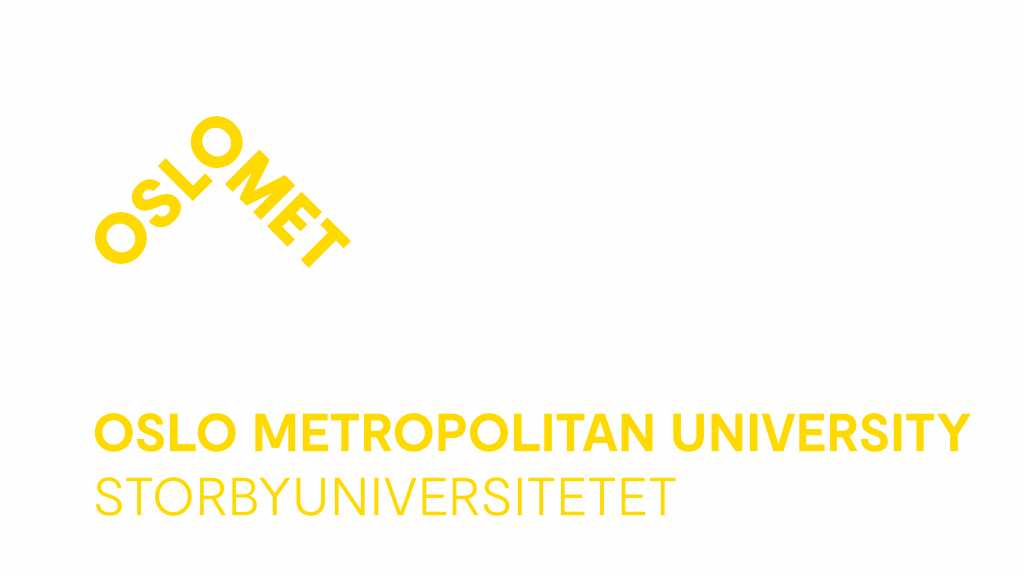
“Labour-market integration of Ukrainian refugees in Norway (UKRINT)” (2023 – 2027)
OsloMet, Norwegian Institute for Urban and Regional Research (NIBR)
Preparing for long term stay or fast return? The Russian full-scale invasion of Ukraine has resulted in the largest yearly influx of refugees in Norway to date. Having been granted temporary collective protection, Ukrainian refugees’ future length of stay in Norway is uncertain. This gives rise to a key dilemma for national policymakers, local actors and Ukrainian refugees alike, which UKRINT seeks to address.
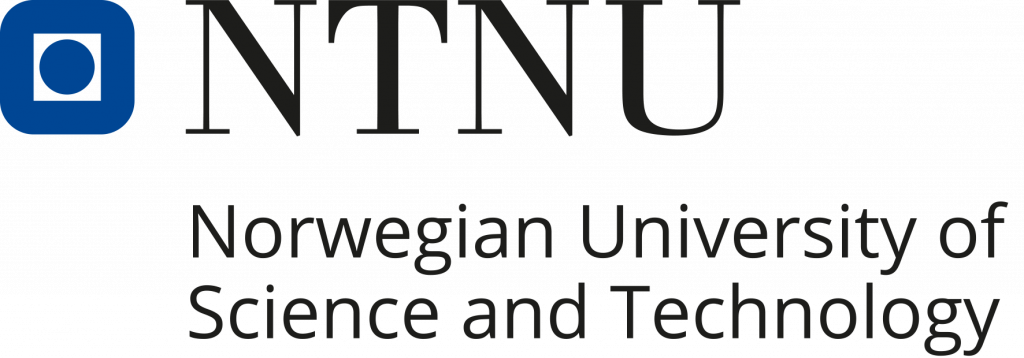
“Ukrainians Adaptation in Rural Norway” (2023 – 2027)
Norwegian University of Science- and Technology (NTNU), Department of Social Work
Ph.d. project. The project explores Ukrainian’s experiences with adaptation, integration, and acculturation in rural Norway, with particular emphasis on economic- and social integration. Highlighting their experienced barriers, strategies, Ukrainian ties, and overall belonging within their rural community.
Contact person: Celine Borge
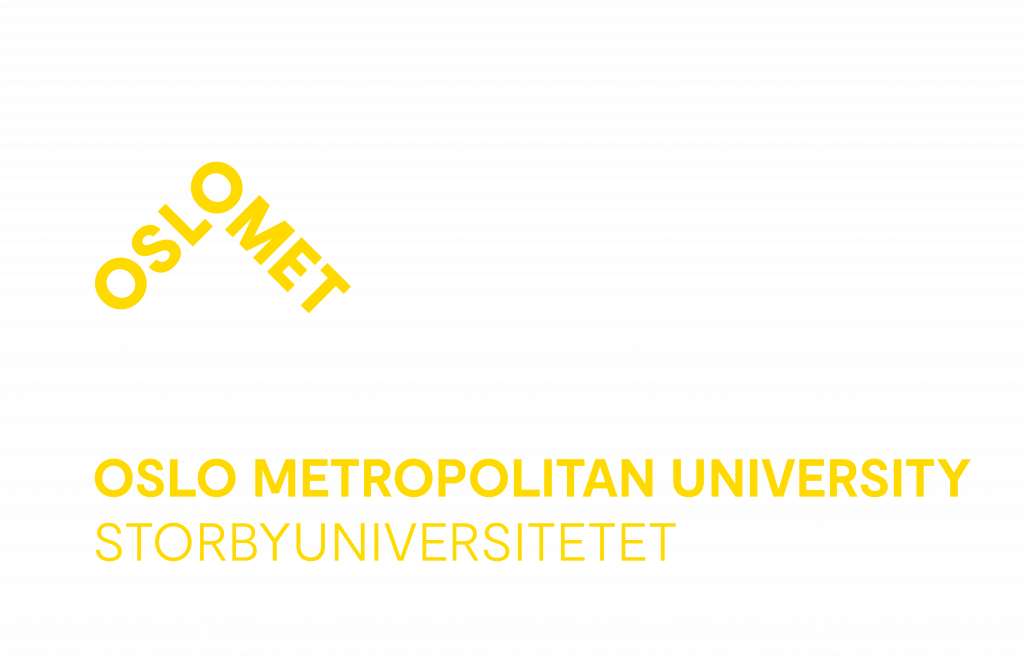
“Ukrainian refugees experiences with the integration process and public services in Norway (UKRAFLY2)” (2023 – 2026)
OsloMet, Norwegian Institute for Urban and Regional Research (NIBR)
This project is aimed to investigate how Ukrainians refugees experience their ongoing integration process in Norway and how they experience their encounter with Norwegian public services.
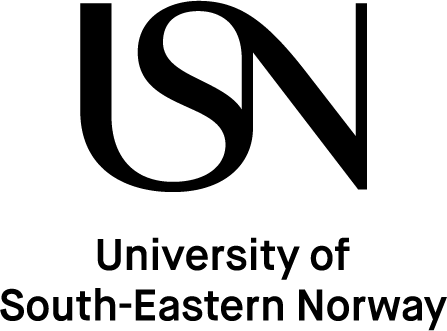
“Measures for labour market integration targeting refugees with higher education“
University of South-Eastern Norway (USN)
Seed-money project aiming to conduct research on the results of concrete measures carried out to enhance labour market integration for refugees with higher education. The project has evolved from a cooperation between University of South-Eastern Norway (USN), NAV and the counties of Vestfold, Telemark and Buskerud. The cooperation has a working group dedicated specifically to cooperate towards measures targeting refugees residing in Norway under the collective protection scheme.
Contact person: Anne Gry Gudmundsdotter

“Integration or return for Ukrainian refugees? (NOR-RETIN)” (2024 – 2026)
OsloMet, Norwegian Institute for Urban and Regional Research (NIBR)
Do Ukrainians fleeing the war have a short- or long-term perspective on their stay in host countries? And are policies in host states indicative of a short- or long-term integration perspective on their part? Are the perspectives of either integration in the host country or return to the home country mutually exclusive in practice? What are the consequences and outcomes – both for the individual and the host society – of different policies favoring one perspective over the other?
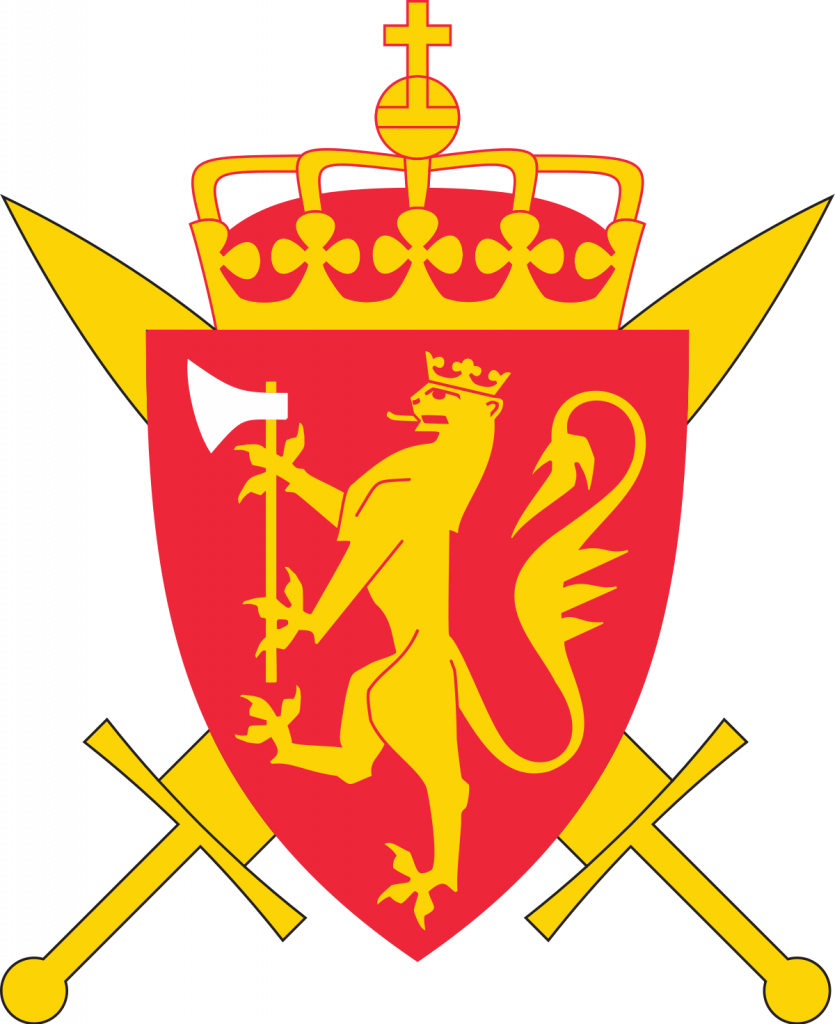
“Contested Ukraine. Military patriotism, Russian Influence, and Implications for European Security” (2021- 2026)
Forsvarets Høgskole (FHS), Stabsskolen
Contested Ukraine explores the footprints of Russian society-centric warfare in Ukraine, both in occupied and Kyiv-controlled territories. It pays particular attention to Russian attempts to change the political identities of the occupied population, Russian information warfare within Ukraine, and to Ukrainian countermeasures. In cooperation with the University College London, the Danish Institute for International Studies (DIIS) and misc. independent researchers.

“National values and political reforms in post-Maidan Ukraine (VALREF)” (2021 – 2025)
University of Oslo (UiO), Department of Literature, Area Studies and European Languages
This project addresses the fundamental changes in the framework for state- and nation-building in Eastern Europe after 2013/2014. In cooperation with the Norwegian Defence Reserach Establishment.
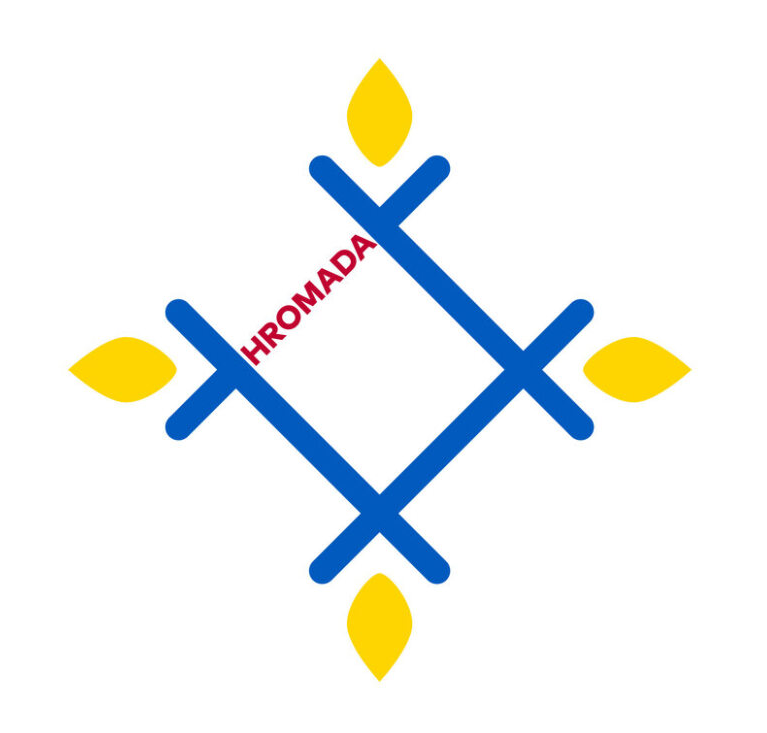
“HROMADA – Nordic-Baltic Knowledge Network for the Rebuilding of Ukraine”
University of Agder
HROMADA is a network comprising researchers in the Nordic and Baltic countries with a specific expertise on Ukraine to contribute to the country’s rebuilding and sustainable development. The network provides a platform for cooperation and exchange, with a particular focus on the development and dissemination of policy-relevant knowledge for decision-makers. HROMADA is a cooperation project between UiA, OsloMet, UiT, Stockholm University, the University of Eastern Finland, the University of Latvia and Nordic Ukraine Forum. It is supported by the Nordic Council of Ministers/NordForsk.

“Total Defence Cooperation with Ukraine” (2020 – 2026)
Forsvarets høyskole (FHS), Stabsskolen
This project seeks to share research and lessons-learned on how to strengthen Total Defence and resilience against contemporary military and non-military threats. The main partner in the project is the National Defence University of Ukraine (NDUU).
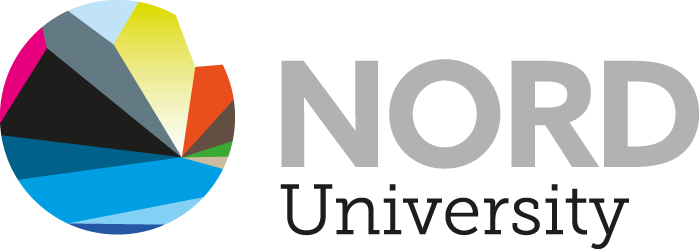
“The Universities’ Reaction to Big Obstructions: Building resilient higher education to respond and manage societal crises (TURBO)” (2024 – 2026)
Nord University
The main aim of TURBO is to increase the resilience, preparedness, and responsiveness of Ukrainian higher education institutions (HEIs) by building their capacities, improving competencies, and sharing experiences. This project has received funding from the European Union.
Past projects
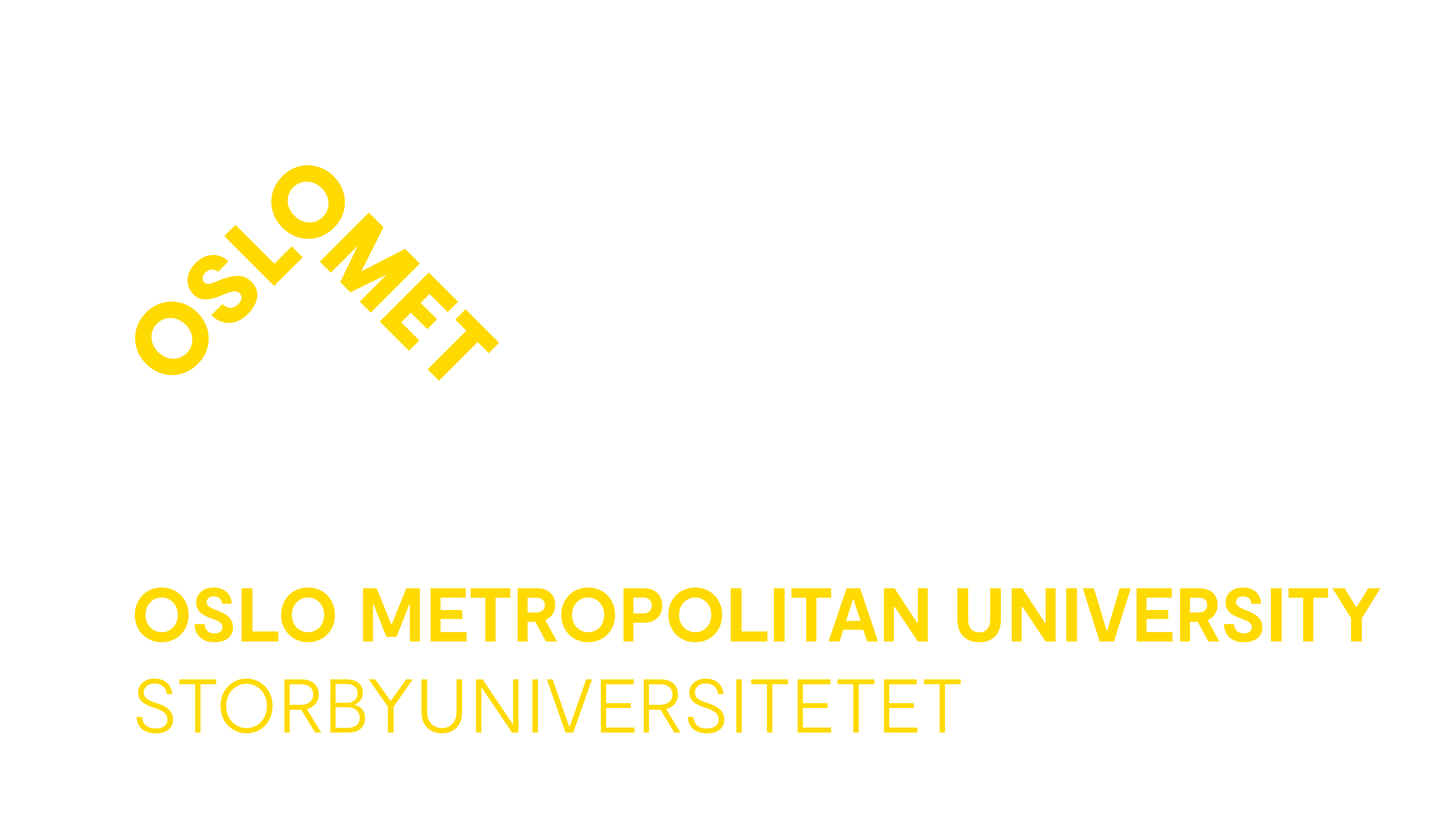
“Private accommodation as an alternative during the influx of Ukrainian refugees (PRIVATBO)” (2024 – 2025)
OsloMet, Norwegian Institute for Urban and Regional Research (NIBR)
During the refugee influx from Ukraine from 2022 and onwards, the number of refugees staying outside reception centers before settlement in Norwegian municipalities increased significantly compared to previous years. This project aims to gain more knowledge about how IMDi and the municipalities’ follow-up these refugees and how the refugees have experienced staying in private accommodation before settlement.

“Civilian-Military Cooperation in Crisis Management: The Case of the Civil Society in Ukraine´s Resistance” (2023 – 2024)
Forsvarets høyskole (FHS), Stabsskolen
This project seeks to study the Ukrainian civil society’s role in the Ukrainian total defence before and during the Russian war in Ukraine.

“Lowering the bar? Compliance Negotiations and the EU-Ukraine Association Agreement” (2021 – 2024)
University of Agder (UiA), Department of Political Science and Management
This project analyzes how Ukraine and the European Union (EU) put into effect the Association Agreement, concluded in 2014. A deeper understanding of this process and its outcomes will help to further both the objectives of the Agreement and international cooperation more generally.

“Influx of Ukrainian, Russian and Belarusian Migrants. Integration and Governance Dynamics in Nordic and Baltic States (INFLUX)” (2023 – 2024)
Western Norway University of Applied Sciences (HVL), Chr. Michelsen Institute
The INFLUX project provides policy-relevant research on the governance and integration of refugees and other migrants who have left due to Russia’s invasion of Ukraine. It examines how these migrants are received, settled, and integrated in their Nordic and Baltic host societies.

“Mid-term external evaluation of the Schools for Democracy Programme” (2021-2024)
The Schools for Democracy programme is implemented by the European Wergeland Centre in cooperation with local partners in Ukraine. The programme supports democratic reforms in school education by promoting democratic culture and democratic citizenship in policy and practice.
Contact person: Oleksanda Deineko and Jørn Holm-Hansen.

“Feasibility of assessment of mental health and treatment needs in newly arrived refugees from the war in Ukraine – a pilot study“ (2022 – 2023)
Norwegian centre for violence and traumatic stress studies (NKVTS)
Research shows that experiencing war and flight can result in serious consequences to mental health. Still refugees often have less utilization of existing support services than other groups in society. This project aims to bridge this gap by acquiring knowledge about attitudes to mental health and treatment, as well as subjective psycho-social health care needs in newly arrived refugees from Ukraine.

“Norway-Ukraine: Professional Adaptation. Integration into the State System (NUPASS)” (2020 – 2022)
Nord University, Nord University Business School
The objective of the project is integration of the model of professional retraining and social adaptation of veterans and members of their families, carried out by the Ukraine-Norway project in the period 2003-2019, into the state system with coordination with Ukrainian ministries, especially Ministry of Veterans of Ukraine.

“Norwegian-Ukrainian cooperation in a field of Public sector accounting, budgeting and finance Research Education (NUPRE)“
Nord University, Nord University Business School
The focus of this cooperation is on establishment and development of joint academic supervision and collaboration on the education on PhD level. The main idea is to allow qualified PhD candidates from Ukraine to be also enrolled at Nord University Business School and upon successful completion, receive PhD diplomas from both partner institutions.

“Norwegian-Ukrainian cooperation in Public Sector Economy Education: Accounting, Budgeting and Finance (NUPSEE)”
Nord University, Nord University Business School
Harmonization of Master’s education between Norway and Ukraine that resulted in establishment double degree program on Public Sector Economy.

“Ukrainian refugees – experiences from the first phase in Norway” (2022)
OsloMet, Norwegian Institute for Urban and Regional Research (NIBR)
On assignment from the Directorate of Immigration (UDI) and the Directorate of Integration and Diversity (IMDi), NIBR has evaluate how persons fleeing from Ukraine to Norway experienced their initial reception.



